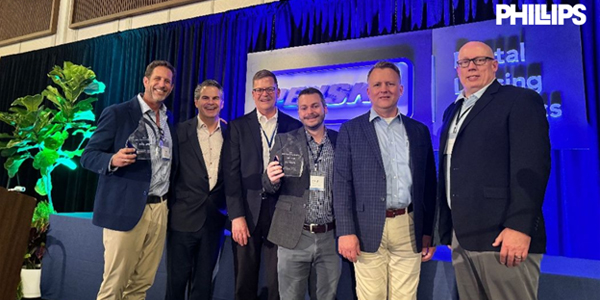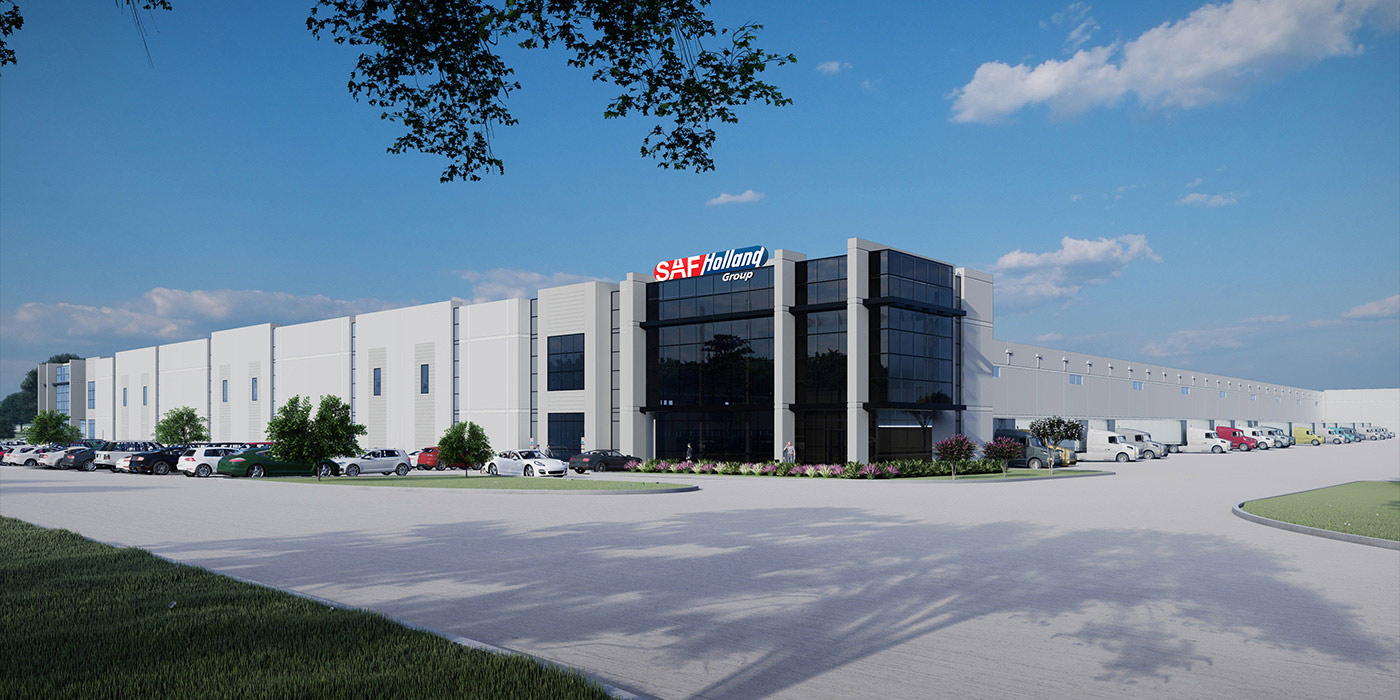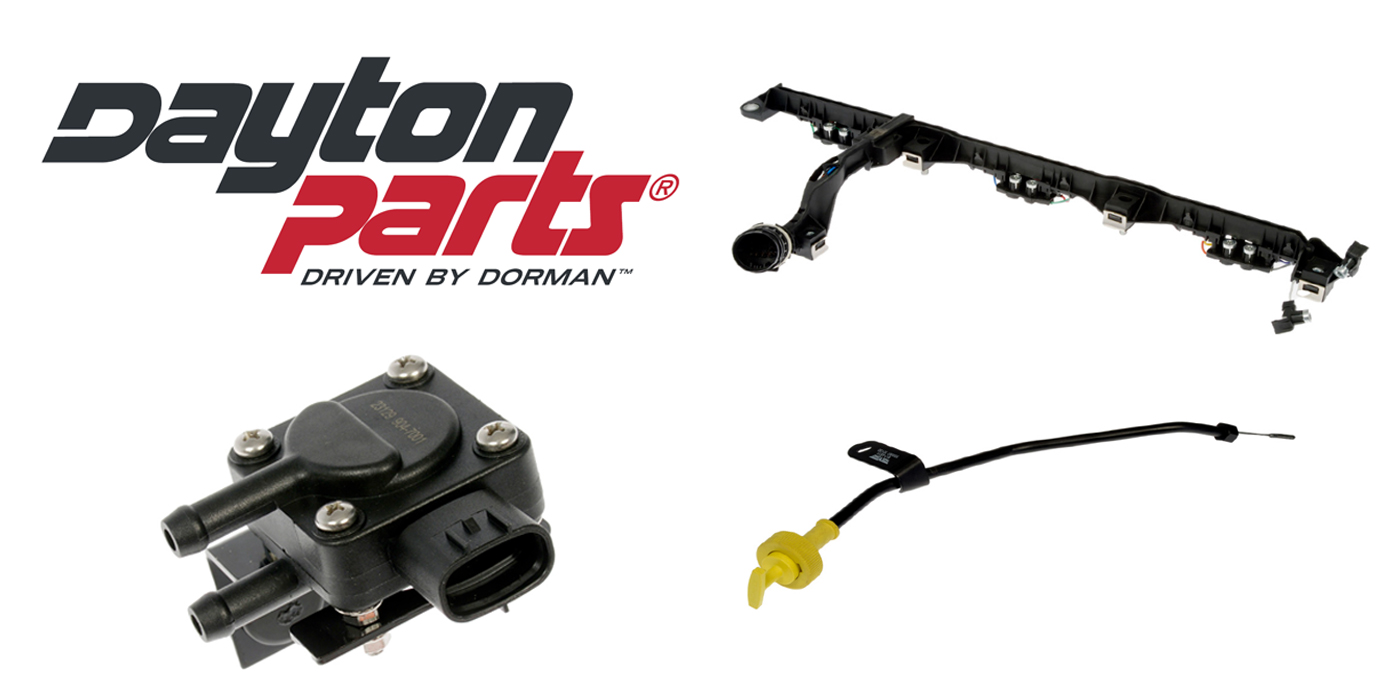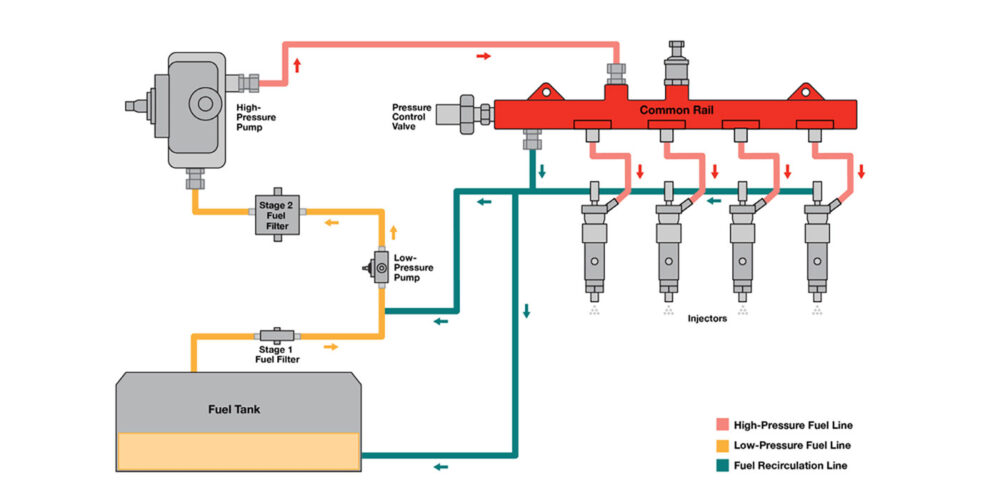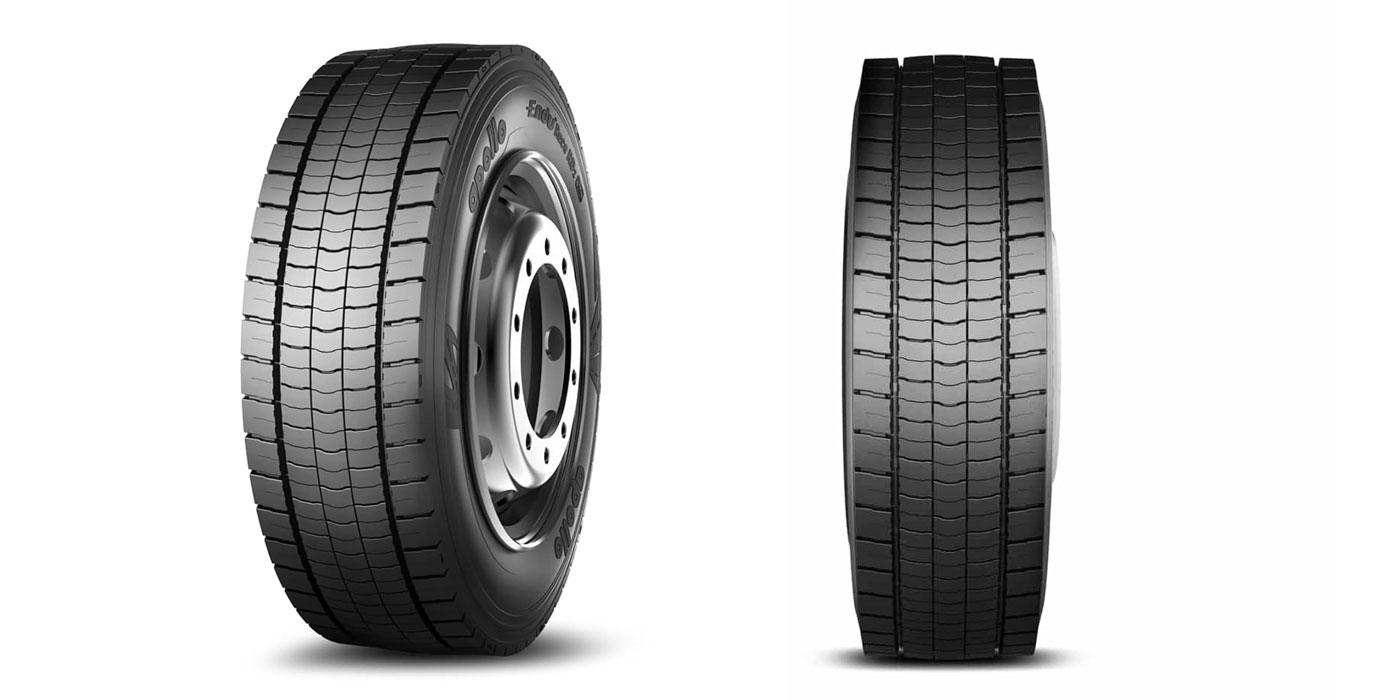I know, I promised you nothing but facts this month, but you have to hear this one. The Missouri Department of Natural Resources issues a periodic update. The latest one contained some green grilling tips. Suggestions included using propane to start charcoal instead of charcoal lighter. I don’t suppose they realize it is just as easy to have excessive emissions using propane as any other hydrocarbon. It’s a question of fuel/air ratio, not whether or not the charcoal starter is gaseous. They also suggested using a solar-powered grill. I suppose they never considered the cost or efficiency of a solar-powered anything. This is what I meant last month about the plethora of misinformation that is disseminated by well-meaning, uninformed people.
I’m beginning to feel sorry for BP Oil. After their less than brilliant CEO stated he “just wanted his life back,” a storm of controversy was unleashed. Then someone questioned whether or not our government was doing enough. Now both our President and BP (and everyone else connected to the disaster) are posturing so the public won’t think they are incompetent!
When is someone actually going to start addressing the facts in this disaster? Yes, it’s terrible, but people banging their gums together will not alleviate the situation. We even have actors promoting their technical expertise! Let the scientists plug the leak and minimize the ecological damage. No one, not BP, our government or any other oil company, is against solving this problem as quickly as possible.
Two truths are evident. Oil exploration and production experts didn’t know as much about deep sea drilling as they needed to. This disaster will accelerate safety procedures rapidly. We will be much safer as a result. But, secondly, don’t let the media convince the government to stop offshore drilling. Everyone wants to see alternate forms of energy as soon as is practical, but we are nowhere near ready.
Solar and wind power are not cost competitive, and biofuels are currently proving they can’t survive without government subsidies. Nuclear power seems well-developed, but public controversy remains. The public wants to strangle industry for excessive energy use, but they haven’t yet learned that homes consume more energy than transportation.
Enough fiction, let’s do some facts. People are currently talking about the effect the BP oil spill will have on fuel prices. Worldwide crude oil demand is over 86 million barrels per day, and demand is down more than the size of the BP leak. That’s why the price of crude oil on the worldwide market is currently low.
Many years ago, the oil industry got the government to agree to let them use last-in, first-out (LIFO) accounting methods. This means they can raise the price of crude oil, and everything connected to crude oil, the instant the worldwide cost of crude increases. Prices at the pump increase rapidly. But did you notice how long it takes for those prices to recede when the price of crude goes down?
Let’s take the example of lube oil. Approximately 50% to 60% of the cost of oil is directly tied to crude oil prices. Lube oil prices increased significantly when crude prices escalated a few years ago. Now crude prices are half of those values, yet the price of lube oils remains unchanged. This is pure profit to oil marketers.
Ditto for the price of fuels. The price of crude has decreased significantly over the past month, yet the price of diesel fuel and gasoline is decreasing very slowly. This delay makes fuel marketers considerable profit. If our government really wants to do something to control energy expenditures, why not pass legislation that ties retail fuel and oil prices more closely to crude prices?
Editor’s note: This column is part two of a two-part series. To see the first column, click here.

